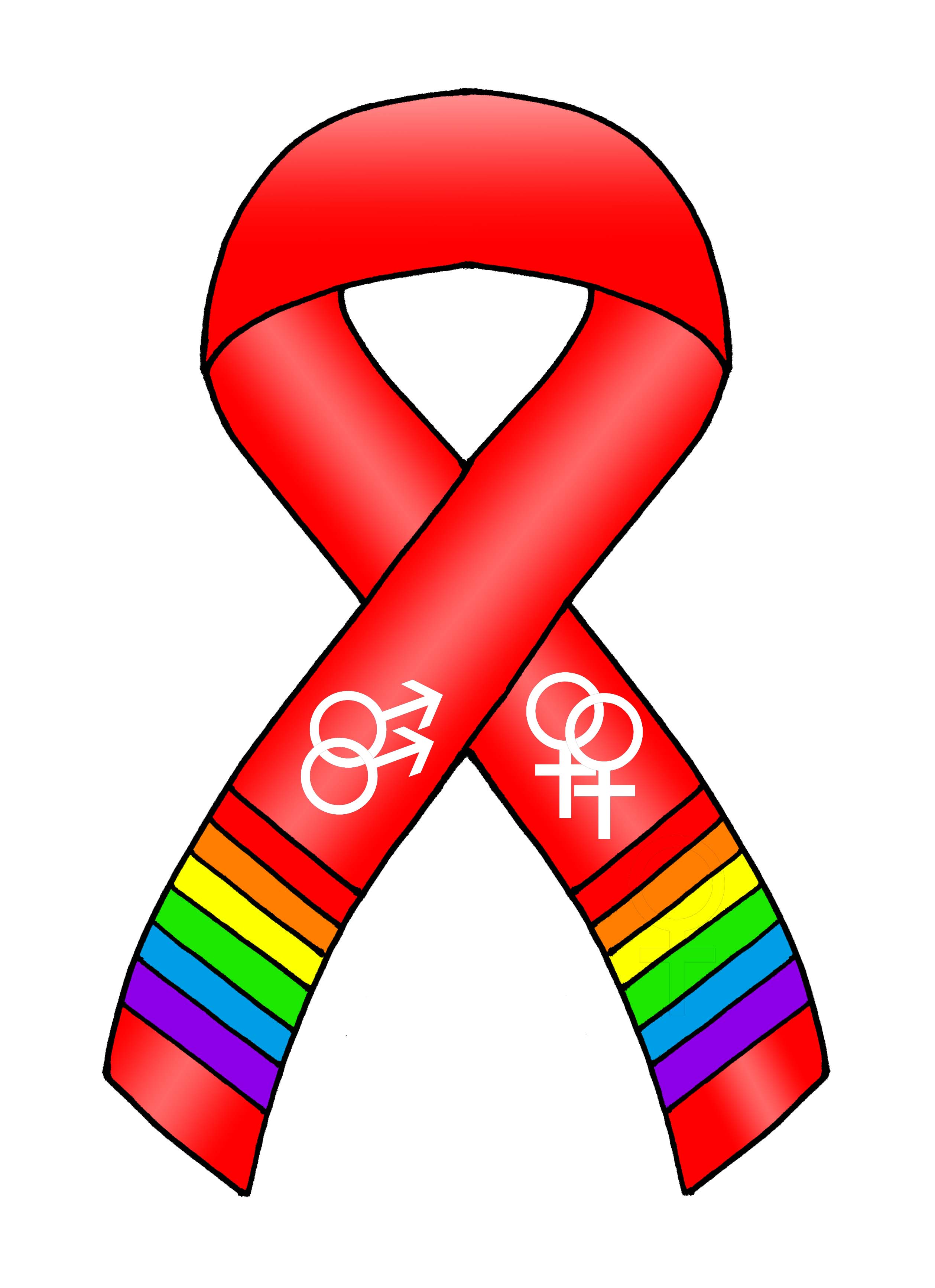UCLA's sex education should address committed gay couples

By Brittni Rubin
July 5, 2011 1:06 a.m.
What is the surest and fastest way to contract a sexually transmitted infection? Most people would probably say having unprotected sex with as many casual partners as possible.
However, new public health research modifies this long-held notion within high-risk groups in the lesbian, gay, bisexual and transgender community, and UCLA needs to address this burgeoning concern.
Earlier this year Brian Mustanski, associate professor in medical social sciences at Northwestern University’s Feinberg School of Medicine, spearheaded a well-received study that concluded that young gay men who consider themselves to be in serious relationships are about eight times more likely to have unprotected sex than those with casual partners. As a result, men within this group have a higher incidence of contracting HIV.
Since the mean age of men tested in this study is 19, it is imperative that UCLA expand its efforts to educate young gay couples and extend prevention programs to reach this specific population.
On many college campuses today, there is a large focus on the issues surrounding casual sex; so much so that the issues surrounding monogamous relationships are ignored.
It is because people in monogamous relationships often blindly trust their partners, rather than getting tested for STIs, that UCLA’s sexual health resources need to be more aggressive in educating students about this particular concern.
The UCLA Lesbian, Gay, Bisexual and Transgender Campus Resource Center is popular among many UCLA students and faculty, and it has had a large presence both on campus and on the Hill. Each year, they participate in dozens of programs, such as World AIDS Day and UCLA’s Sextravaganza event on the Hill, to spread awareness about HIV and AIDS.
However, while the center is committed to promoting safe sex, they do not have specific outreach for individual subgroups within the LGBT community.
The center’s mission states that it is dedicated to providing a range of education, information and advocacy services in order to maintain a safe environment for LGBT individuals.
Yet the comprehensive range of education does not include programs designed specifically to reach out to students on a case-by-case basis.
According to LGBT center Director Peter Carley, this inclusive approach to sex education precludes judgements about people’s sexuality. This fosters an environment where people feel open to talk and learn about sex education, he said.
While this inclusiveness is extremely important, it would also be a good service to promote AIDS awareness and safe sex specifically to committed couples, especially since this new research is gaining more and more attention. In March, the Institute of Medicine issued a report stating researchers need to engage LGBT populations in health studies. They called on the National Institutes of Health to design a research agenda.
Outreach programs on campus, such as those of the LGBT center, need to make a strong effort to address these serious issues and create comprehensive programs to combat the high risk of HIV among monogamous, gay couples that are often ignored.
UCLA should adapt the findings of this study into its prevention curriculum to curb a potential epidemic within these underrepresented minority groups, especially since the federal government has made studying the health of sexual and gender minorities a new priority.
Since relationship status is found to be connected to levels of unprotected sex, addressing a couple’s relationship status in prevention programs could prove to be a more effective way of combating the growing struggle against HIV and AIDS.
Moreover, increasing the range of students informed about sexual decisions should be a general priority, and by reaching out to more specific groups like young gay couples, UCLA can offer more thorough sex education and services.
Should UCLA re-think sex education? Email Rubin at [email protected]. Send general comments to [email protected].


